Cats are masters at hiding their pain, making it difficult to know when they are suffering. Here are 15 signs that might indicate your cat is in pain and needs attention.
1. Changes in Grooming Habits
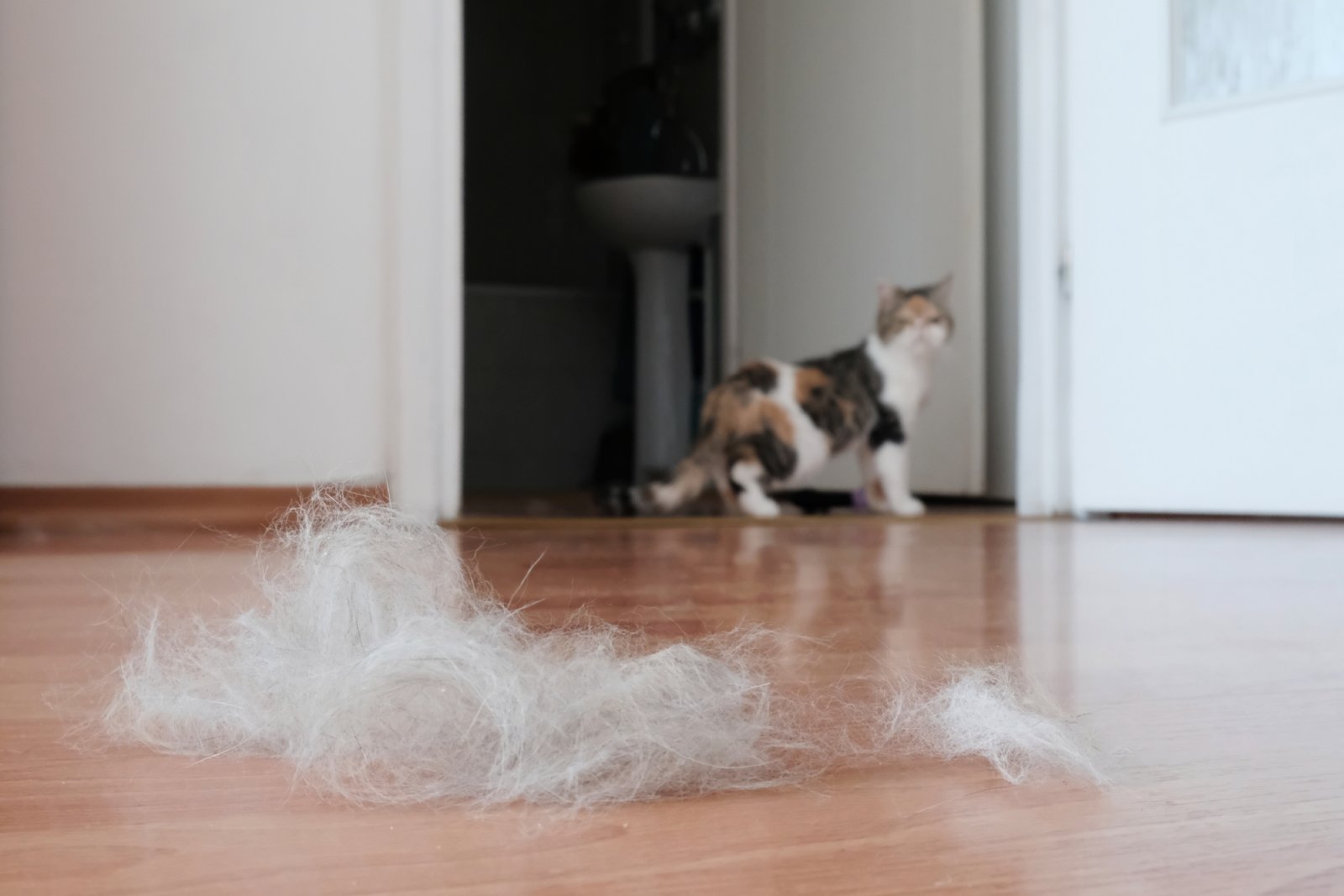
Cats in pain may either neglect grooming altogether or over-groom in a specific area, potentially causing hair loss or sores. This can be a sign of discomfort or pain in that area.
2. Altered Eating and Drinking Habits
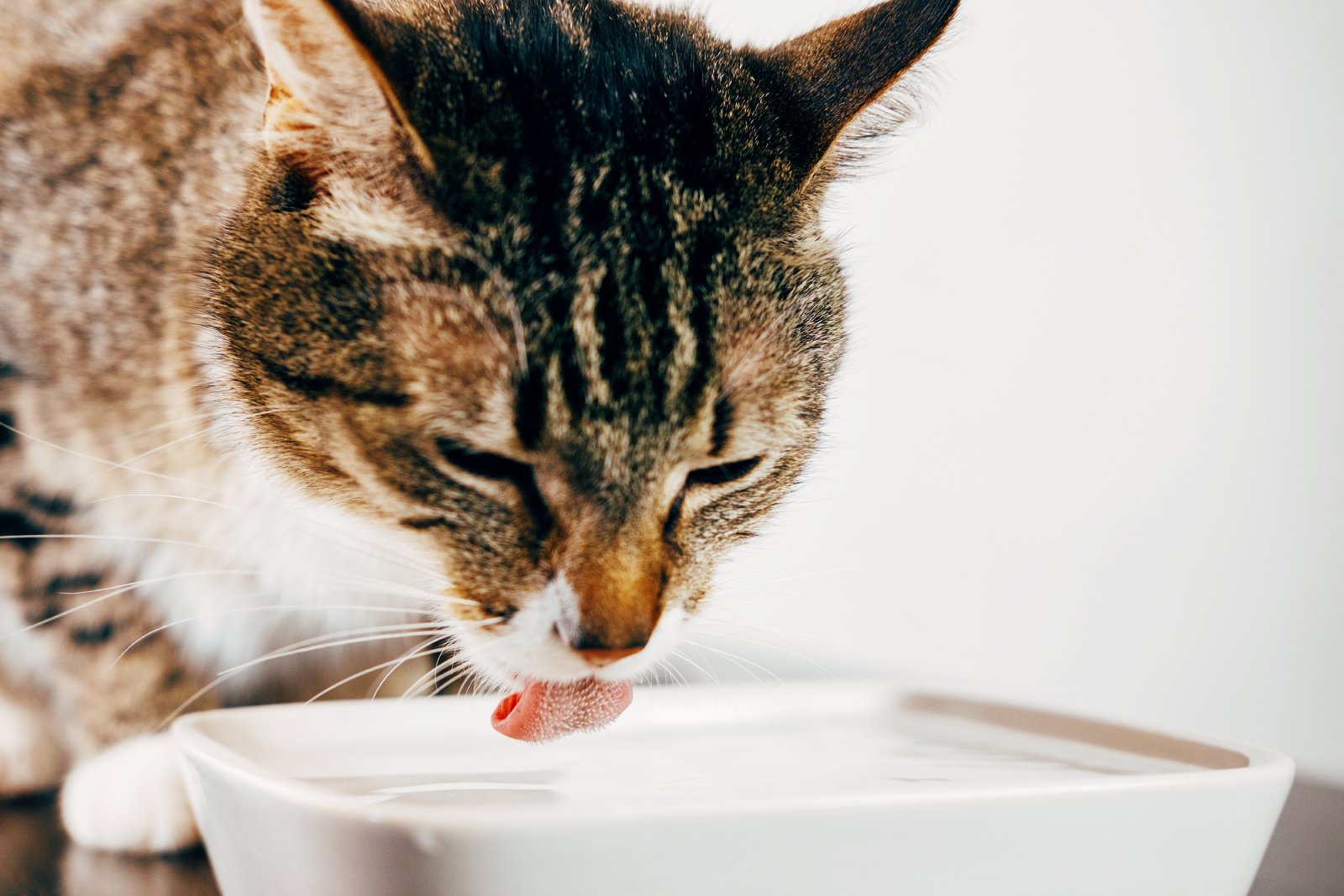
A cat in pain might eat or drink less due to discomfort. If your cat suddenly shows disinterest in food or water, it could be a sign of pain, especially related to dental issues.
3. Lethargy and Decreased Activity
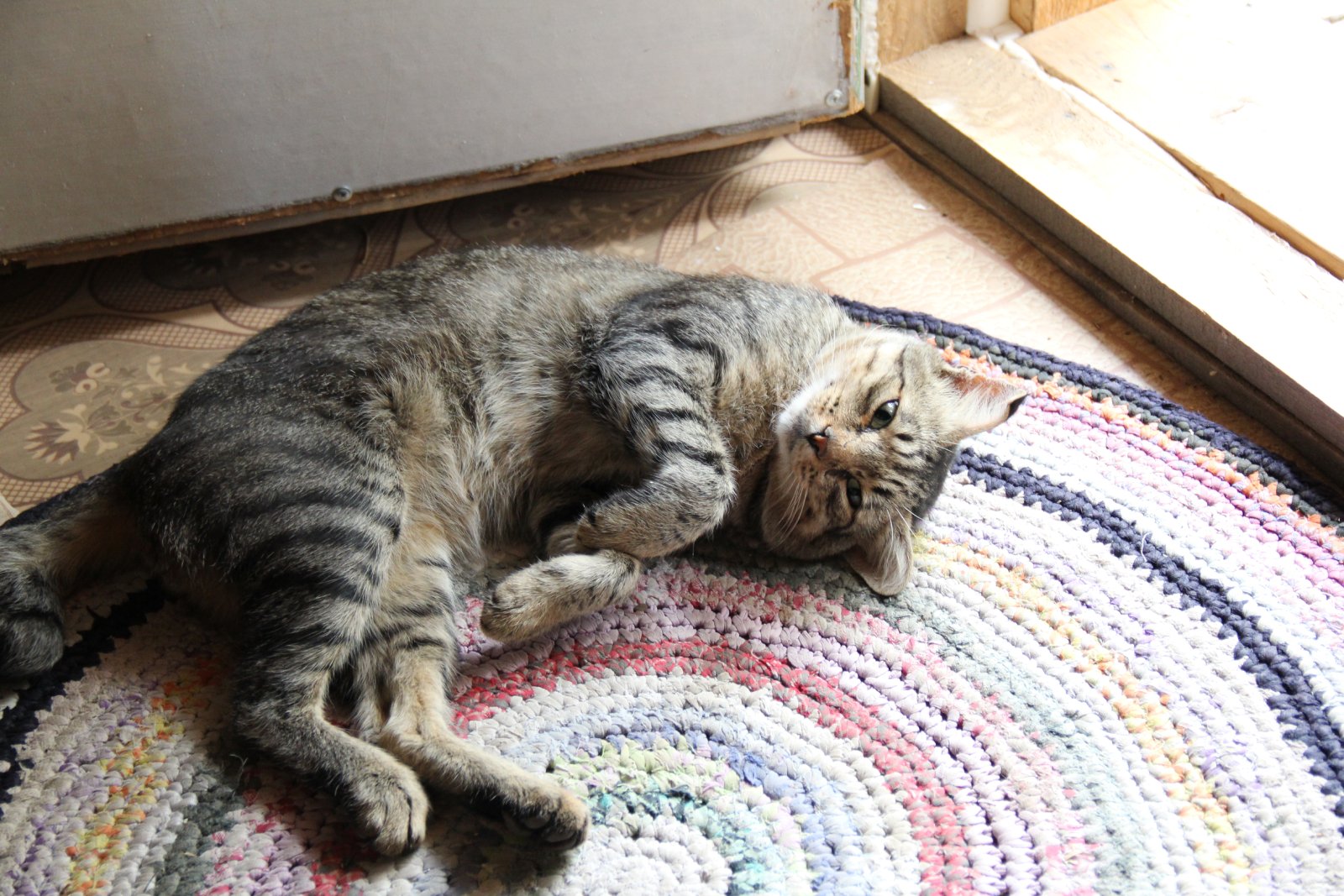
A significant drop in activity levels or reluctance to move and play can indicate pain. Cats in pain often prefer to rest more and avoid activities that might exacerbate their discomfort.
4. Hiding
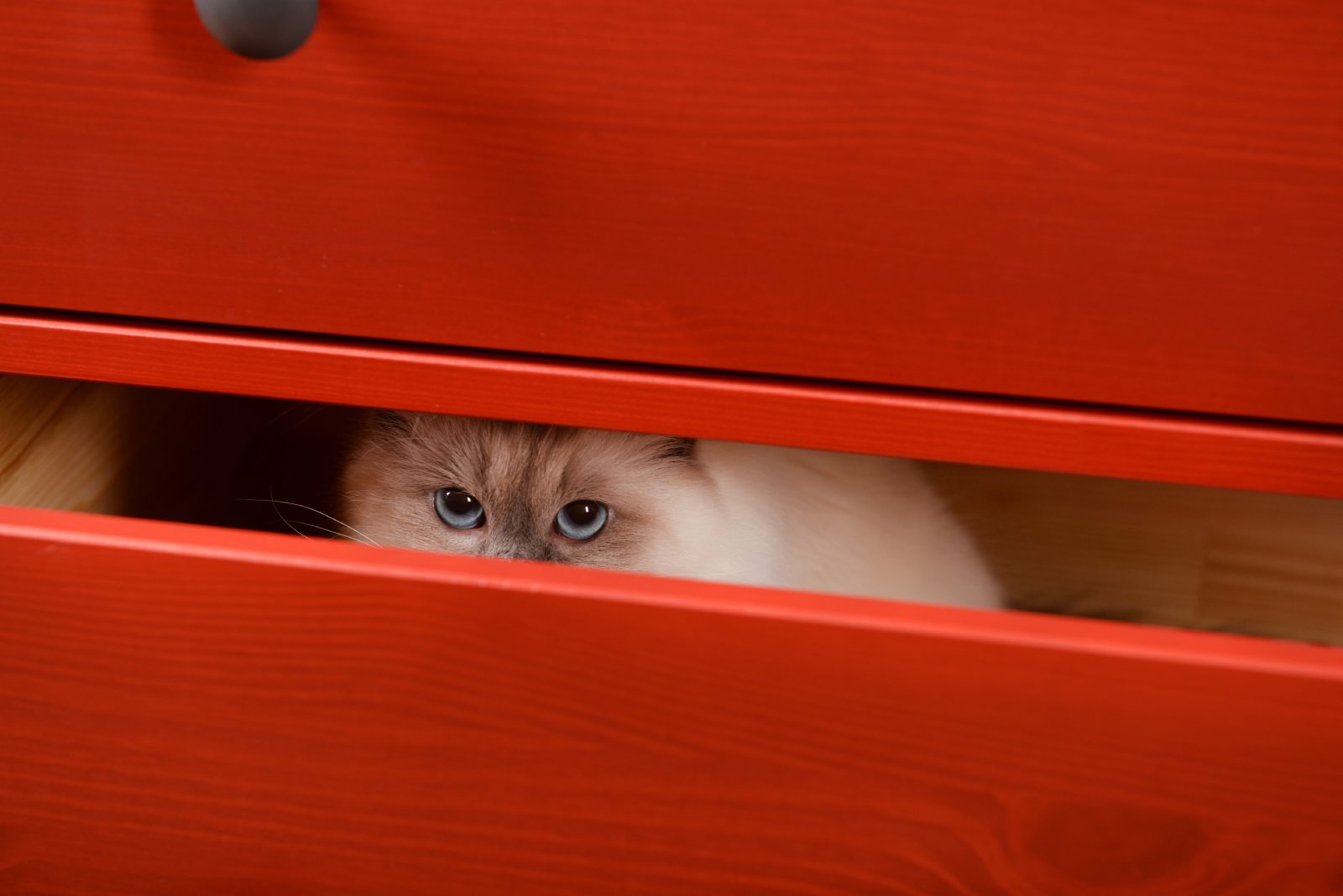
If your cat is suddenly hiding more than usual, it could be a sign of pain. Cats often seek out quiet, hidden places when they’re feeling unwell.
5. Changes in Posture
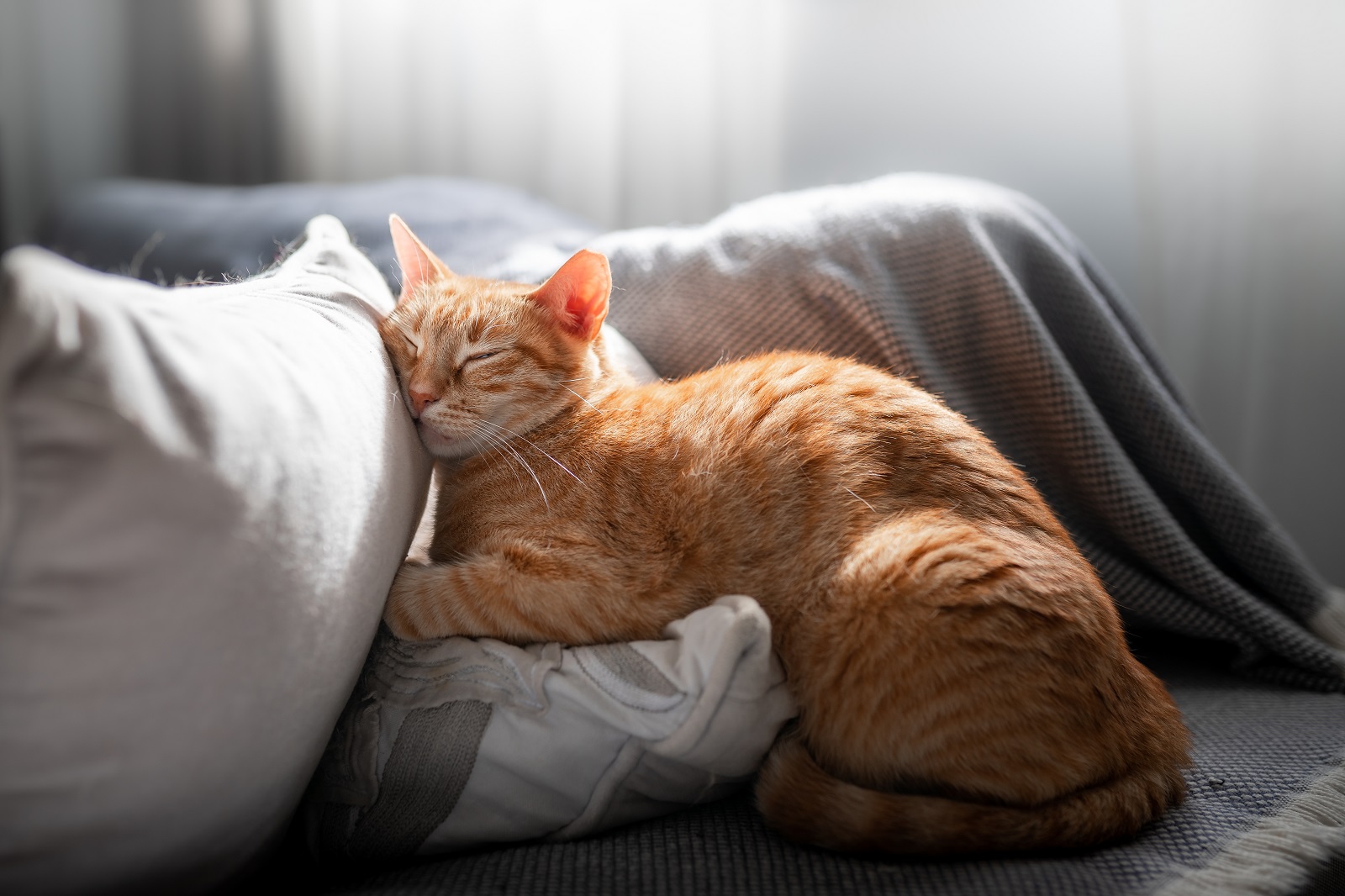
A cat in pain might adopt unusual postures to alleviate discomfort. This could include a hunched back, lowered head, or being unable to sit or lie comfortably.
6. Vocalization Changes
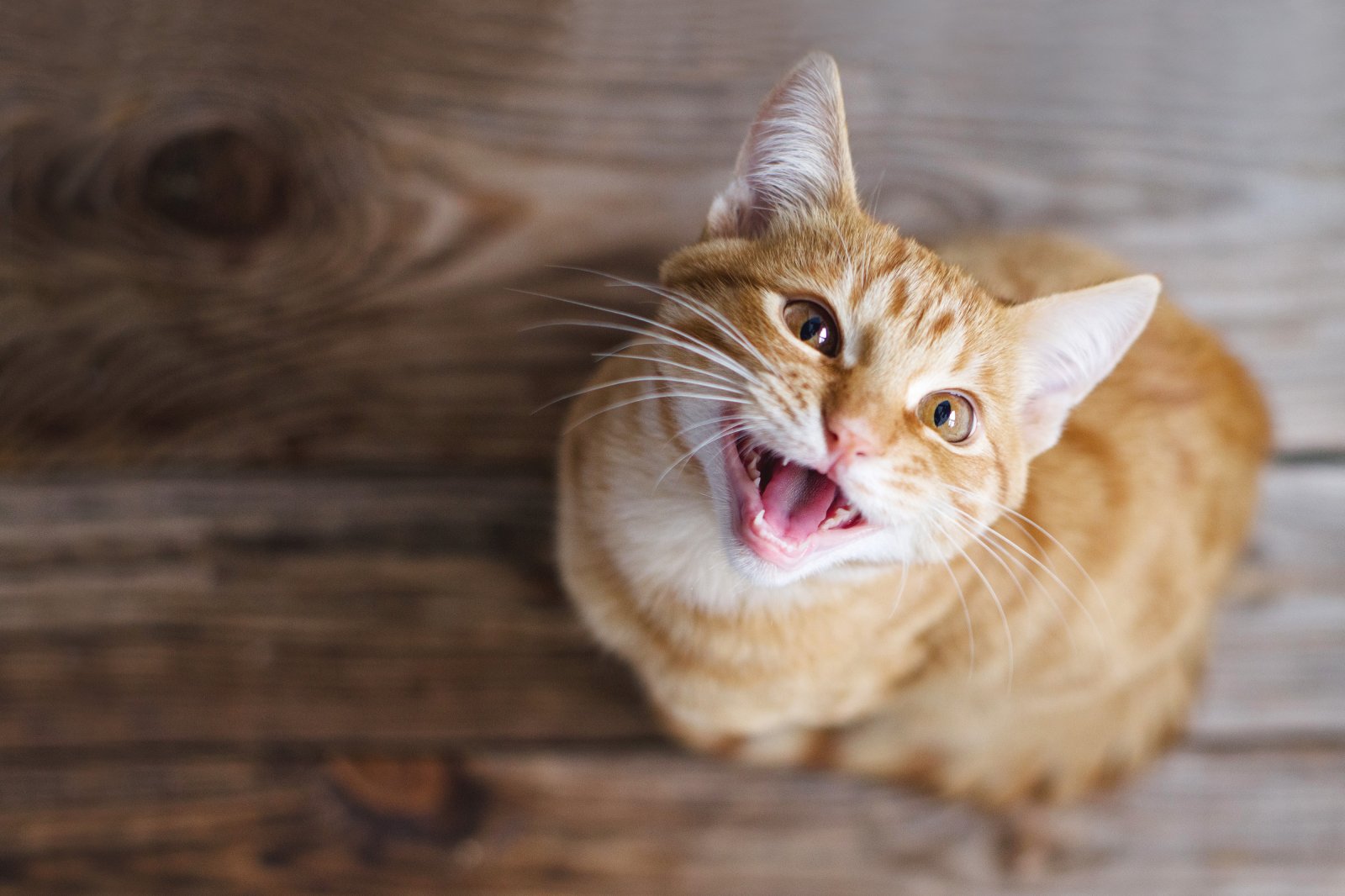
Increased vocalization such as meowing, growling, or hissing can indicate pain. Conversely, a normally vocal cat might become unusually quiet.
7. Aggression or Irritability
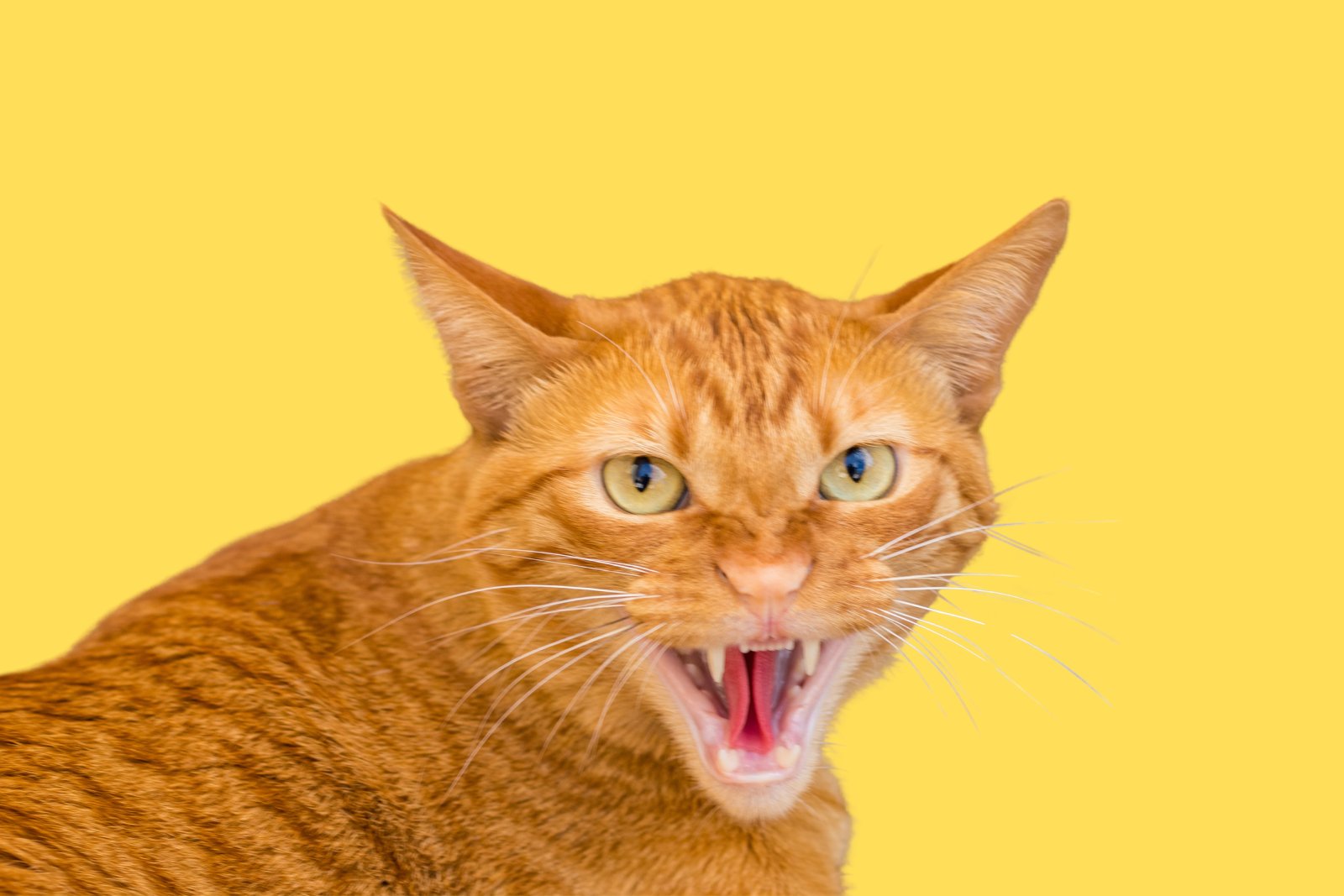
Pain can make cats more irritable and prone to aggression. If your cat suddenly becomes more aggressive or lashes out when touched, it might be in pain.
8. Sensitivity to Touch
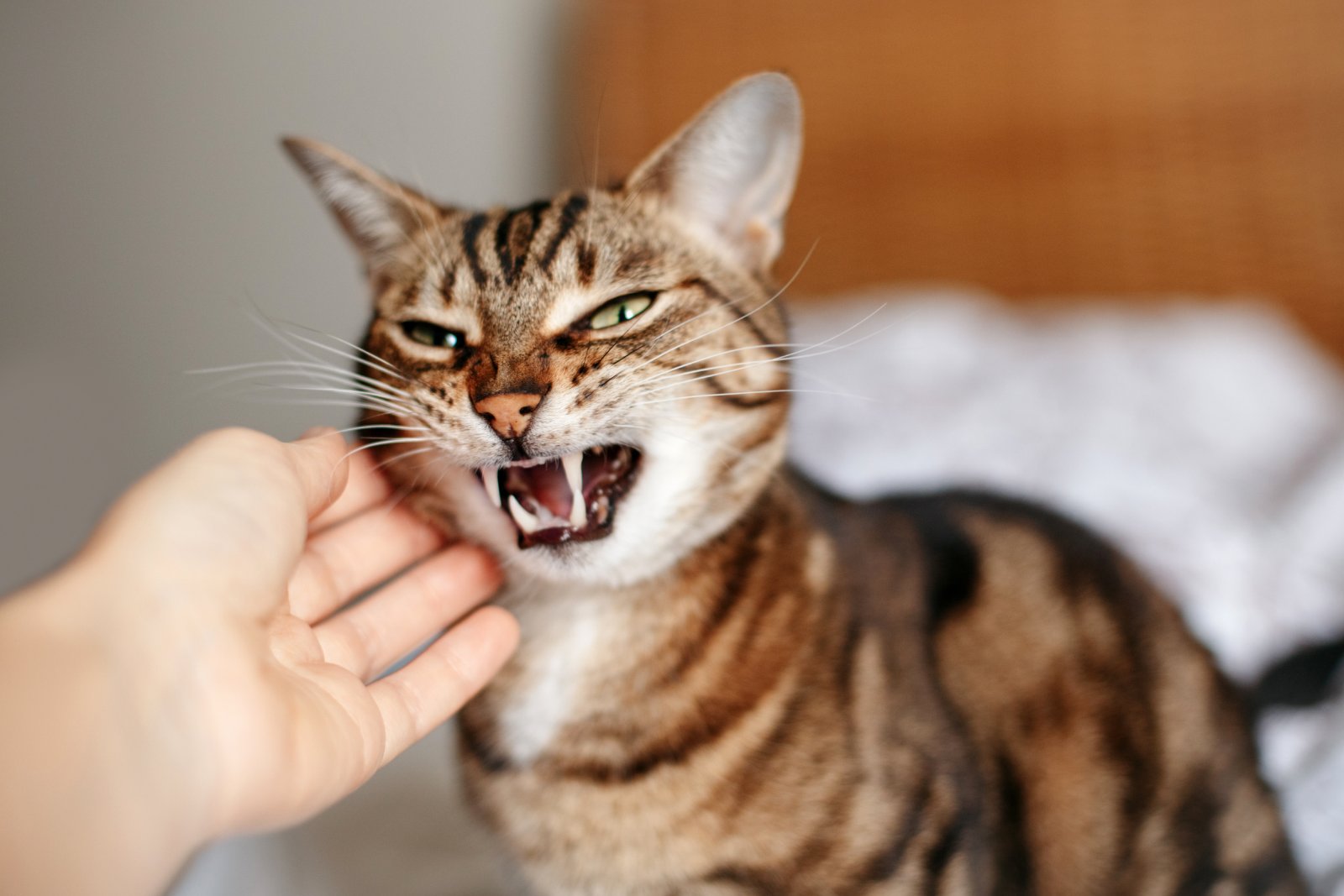
Cats in pain might react negatively when certain areas of their body are touched. They may flinch, hiss, or try to bite when you touch the painful area.
9. Changes in Litter Box Habits
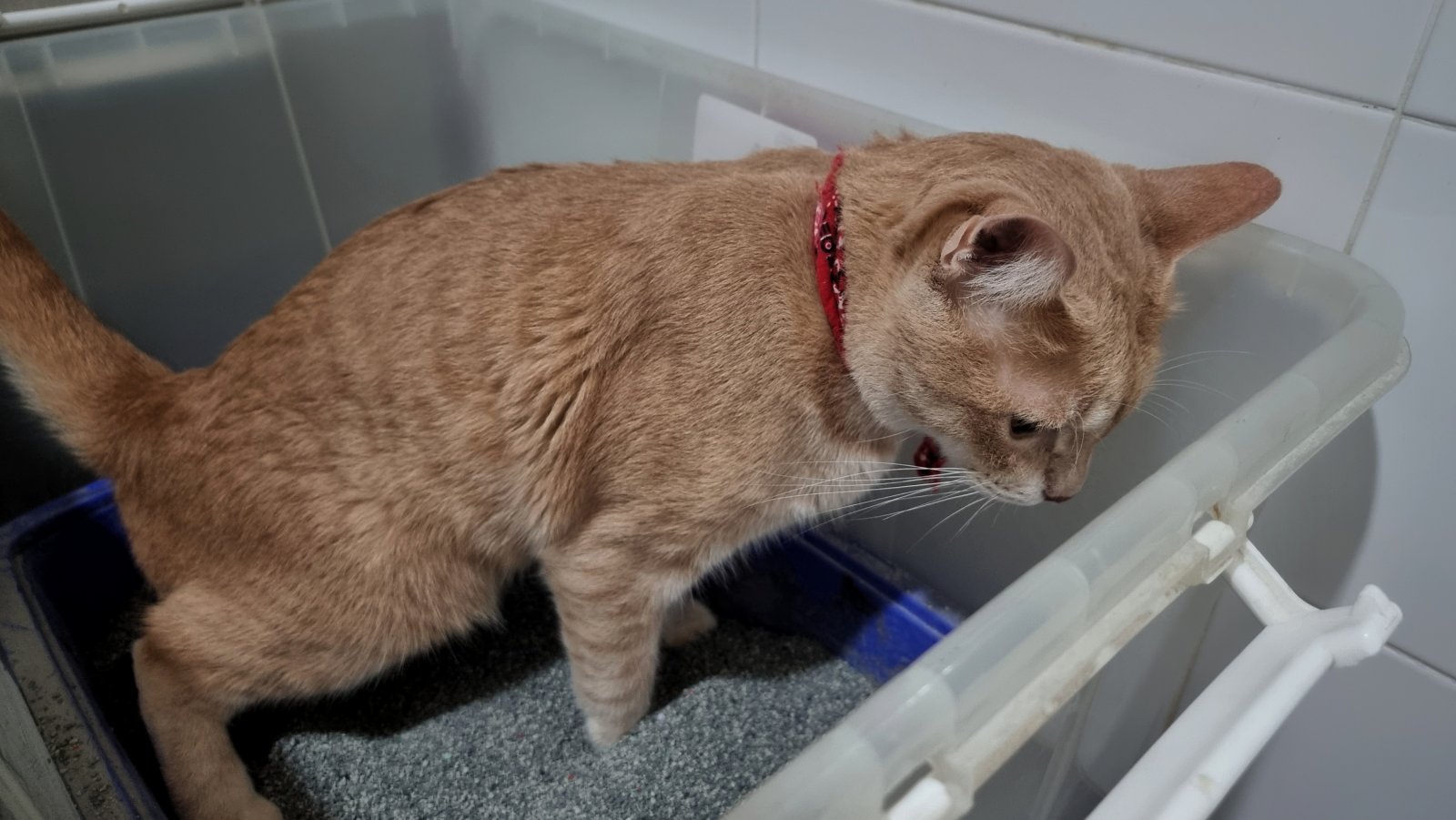
Pain, especially in the lower back or abdomen, can make it difficult for cats to use the litter box. Look for signs of straining, accidents outside the box, or unusual positions while urinating or defecating.
10. Panting or Labored Breathing
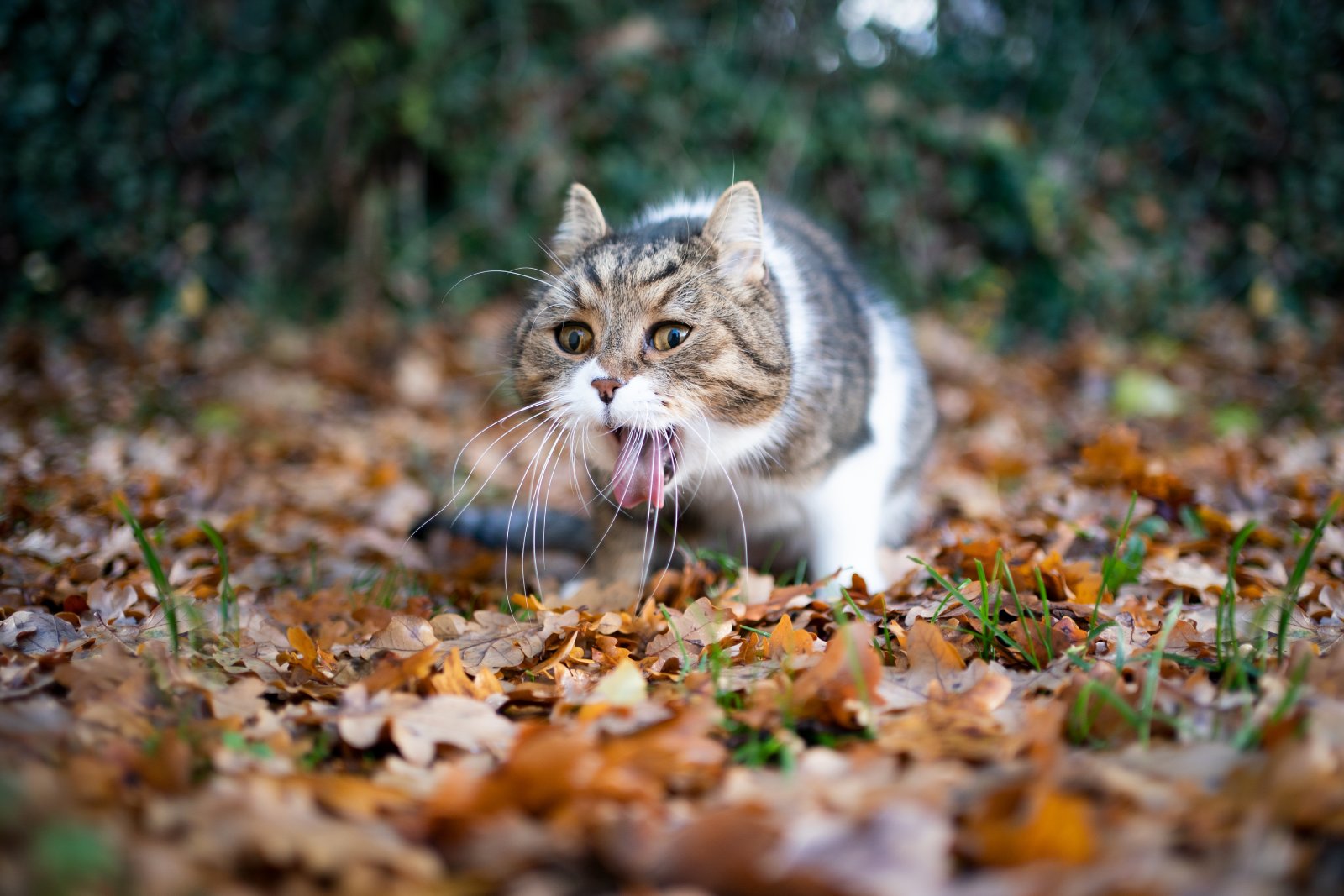
While rare in cats, panting or labored breathing can indicate severe pain or distress. This sign warrants immediate veterinary attention.
11. Limping or Difficulty Walking
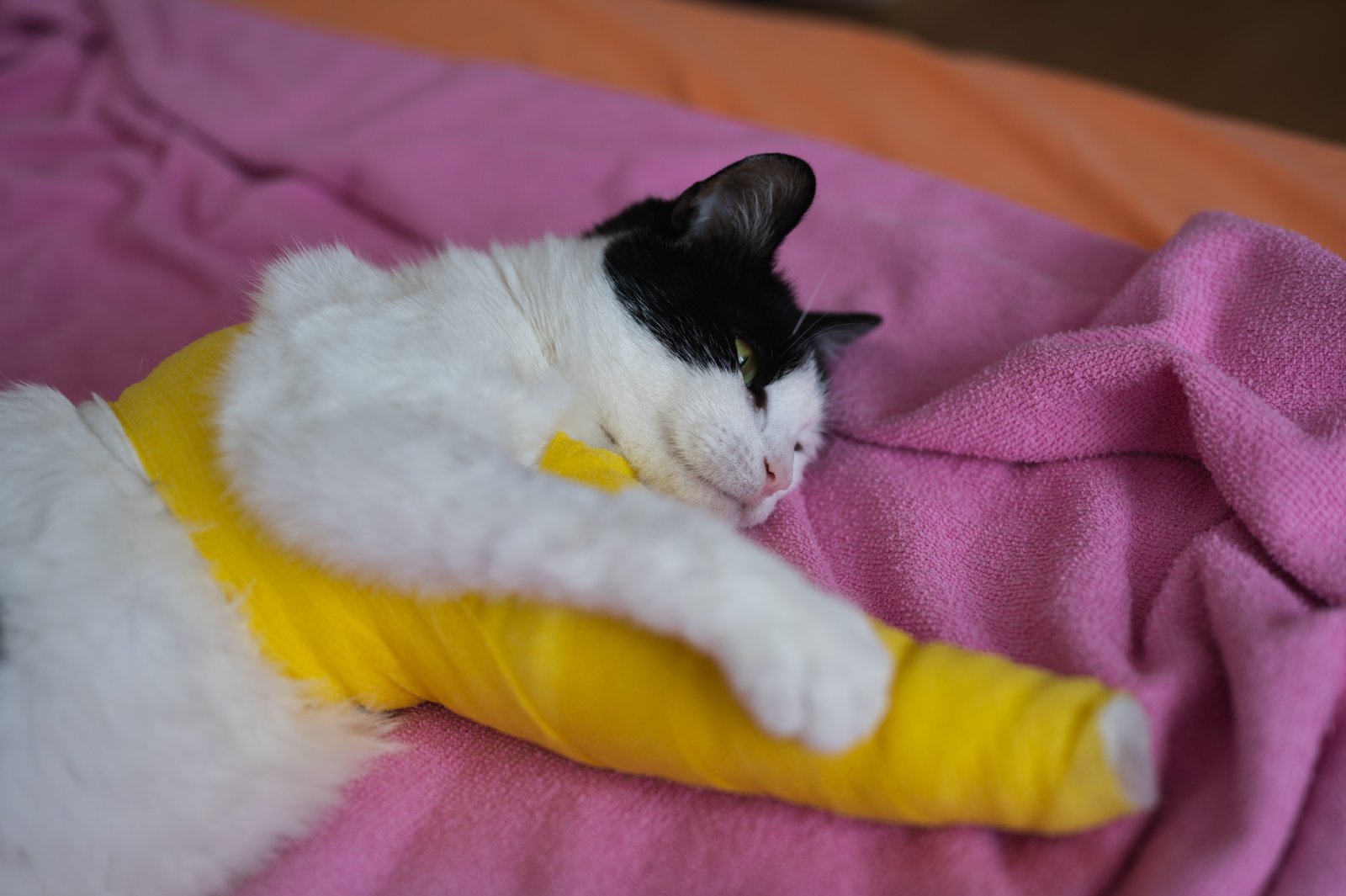
If your cat is limping or having difficulty jumping or climbing, it could be experiencing pain in its legs, hips, or back.
12. Excessive Sleeping
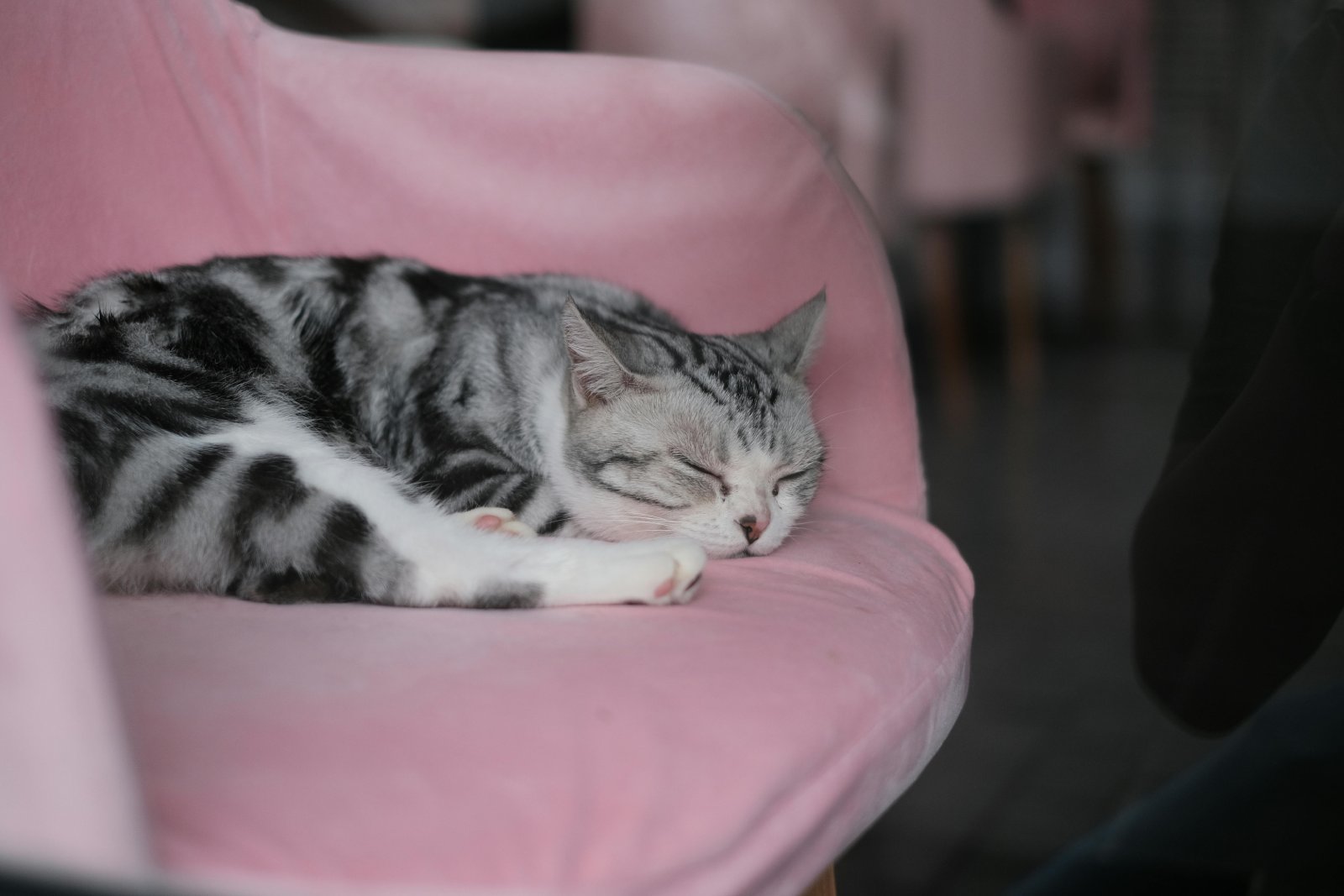
Cats sleep a lot, but if your cat is sleeping even more than usual and seems uninterested in its surroundings, it could be a sign of pain.
13. Facial Expressions
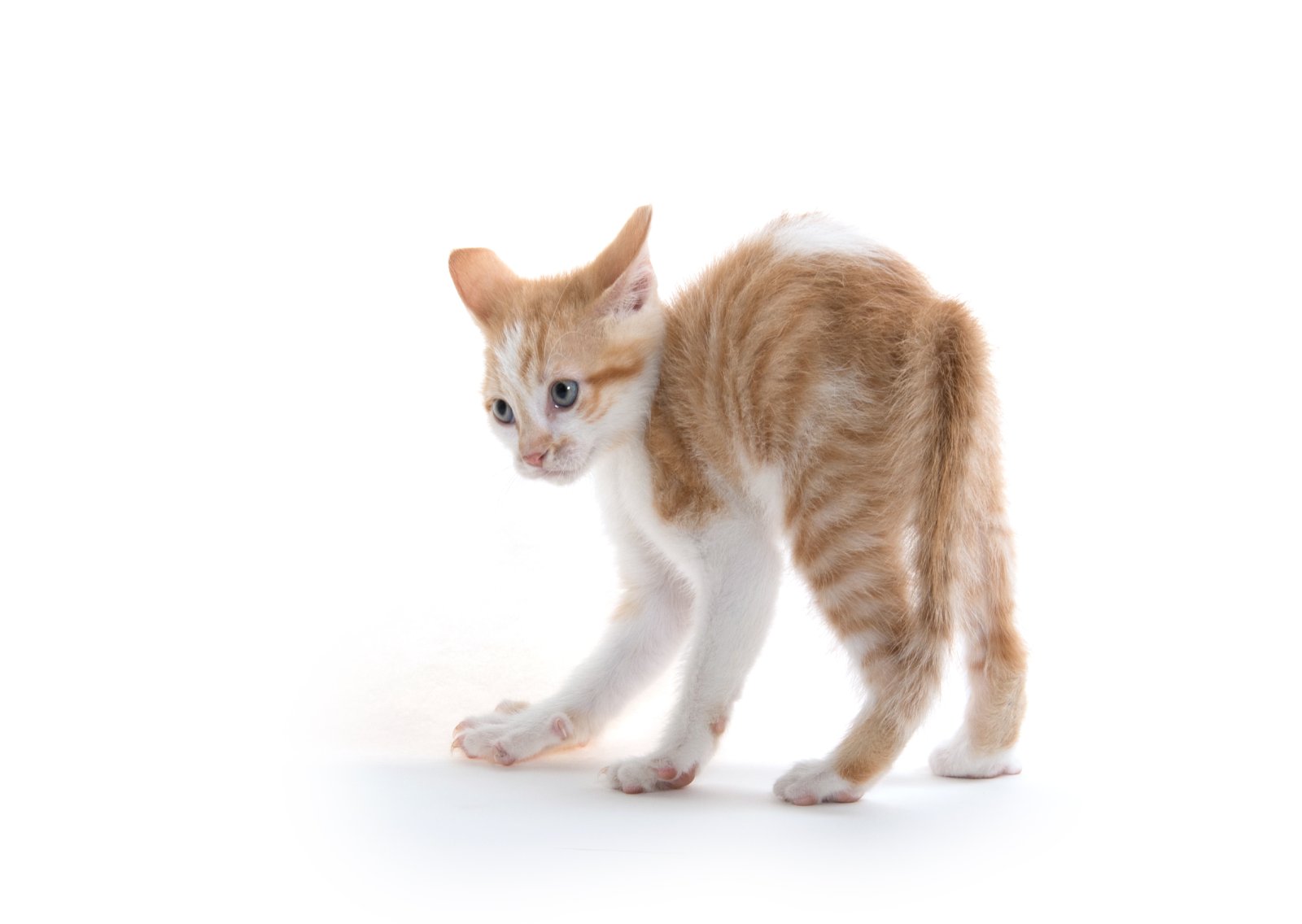
Subtle changes in facial expressions, such as squinting eyes, flattened ears, or a tense jaw, can indicate pain. A pain face in cats can be quite subtle and easy to miss.
14. Changes in Behavior
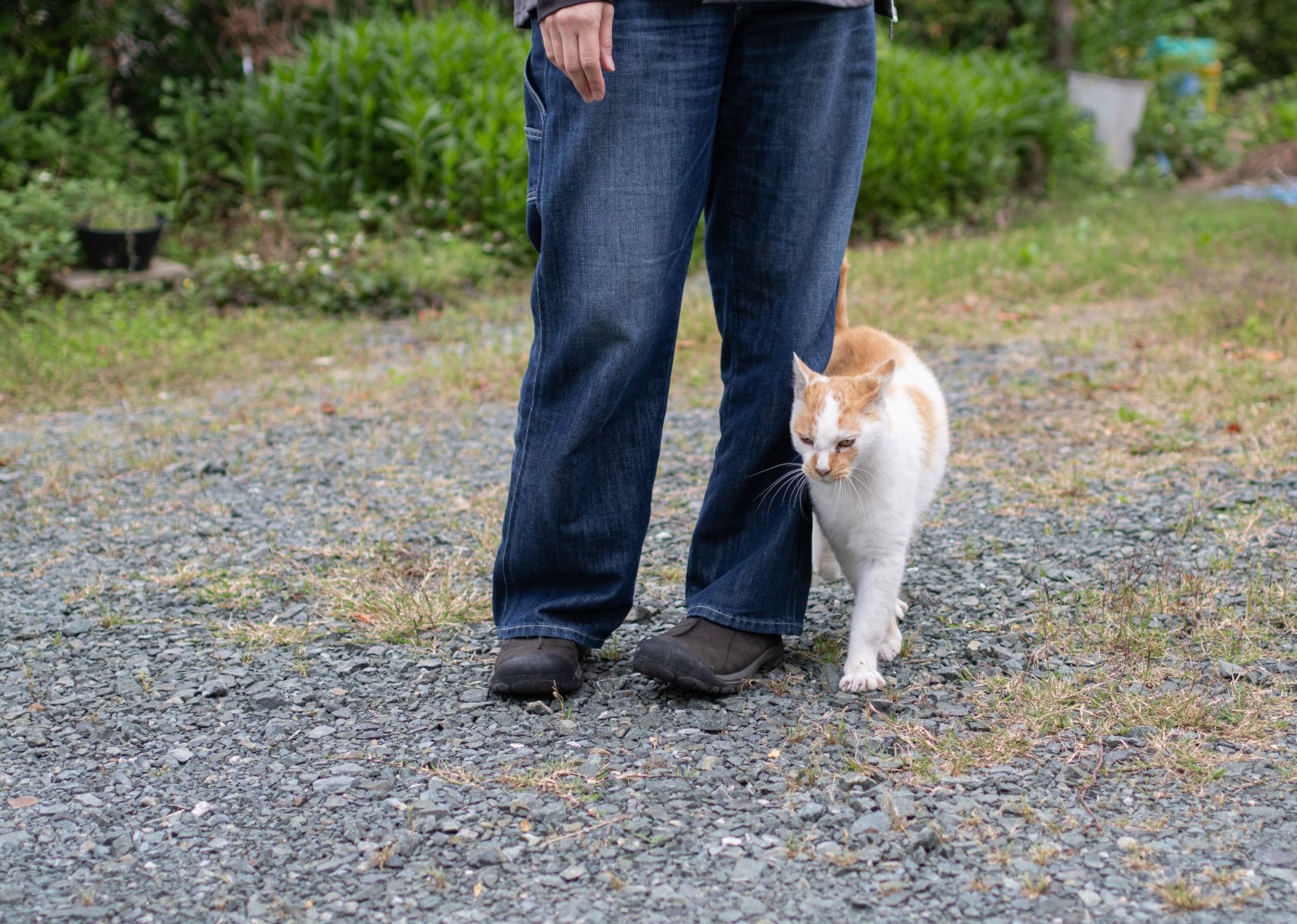
Any sudden change in behavior, such as increased clinginess, sudden independence, or changes in social interaction, can be a sign that your cat is in pain.
15. Loss of Interest in Play
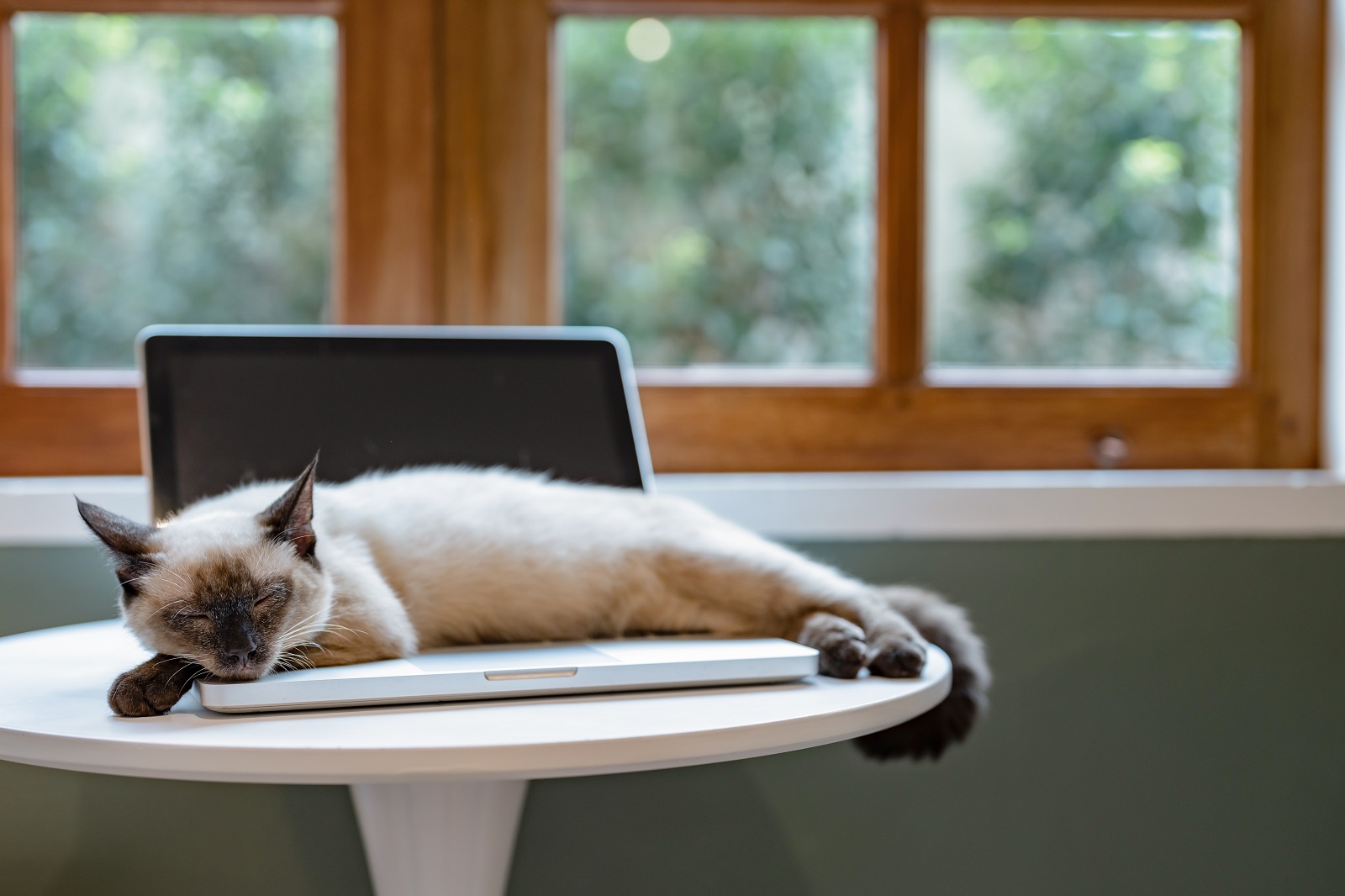
Cats in pain often lose interest in play and other activities they usually enjoy. A sudden disinterest in toys or playtime can be a red flag.
Trust Your Instincts
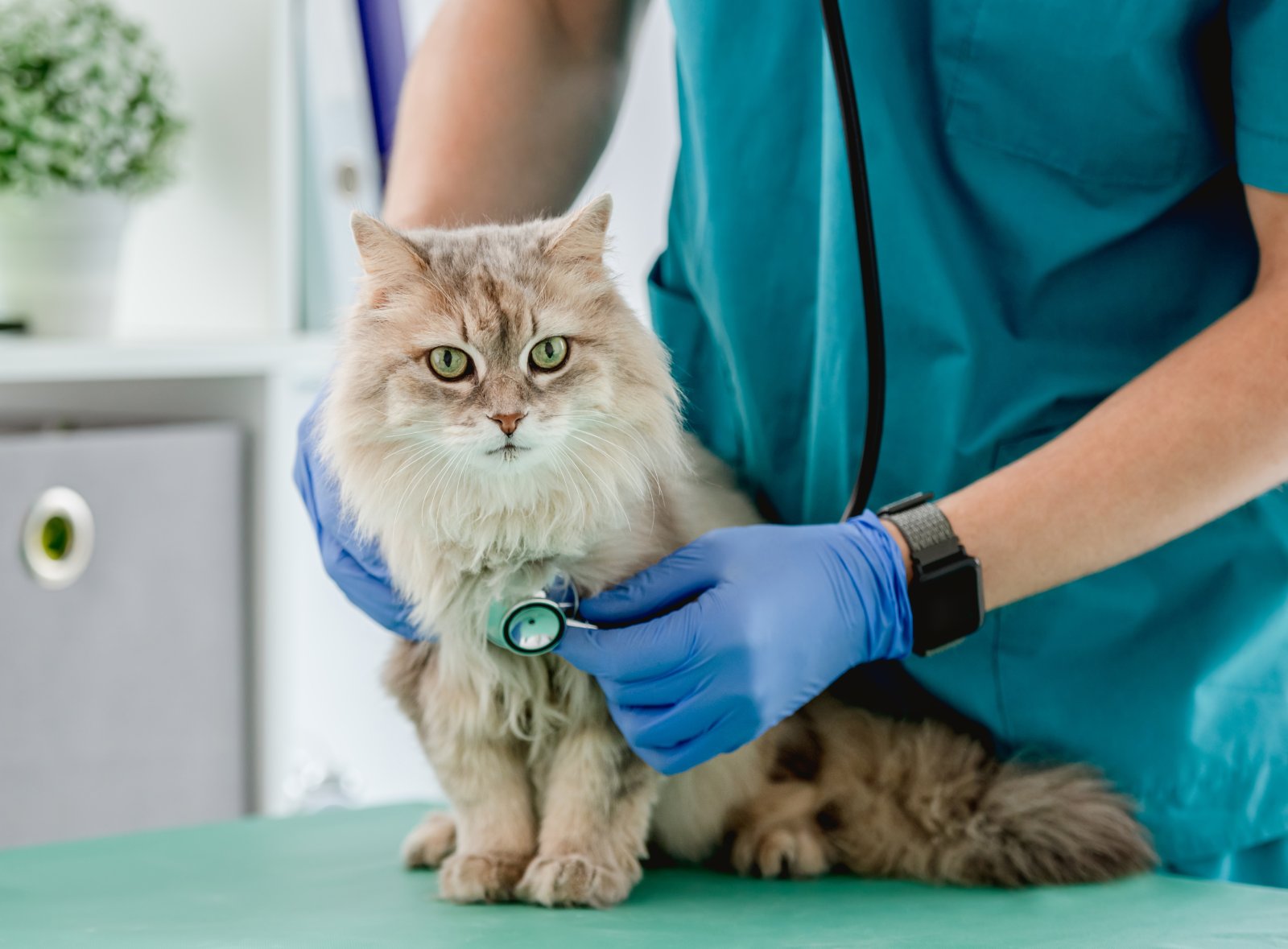
If you notice any of these signs in your cat, it’s important to consult your veterinarian as soon as possible. Early detection and treatment can help manage your cat’s pain and improve its quality of life. Always trust your instincts—if something seems off with your pet, seeking professional advice is the best course of action.
Featured Image Credit: Shutterstock / Prostock-studio.
For transparency, this content was partly developed with AI assistance and carefully curated by an experienced editor to be informative and ensure accuracy.

